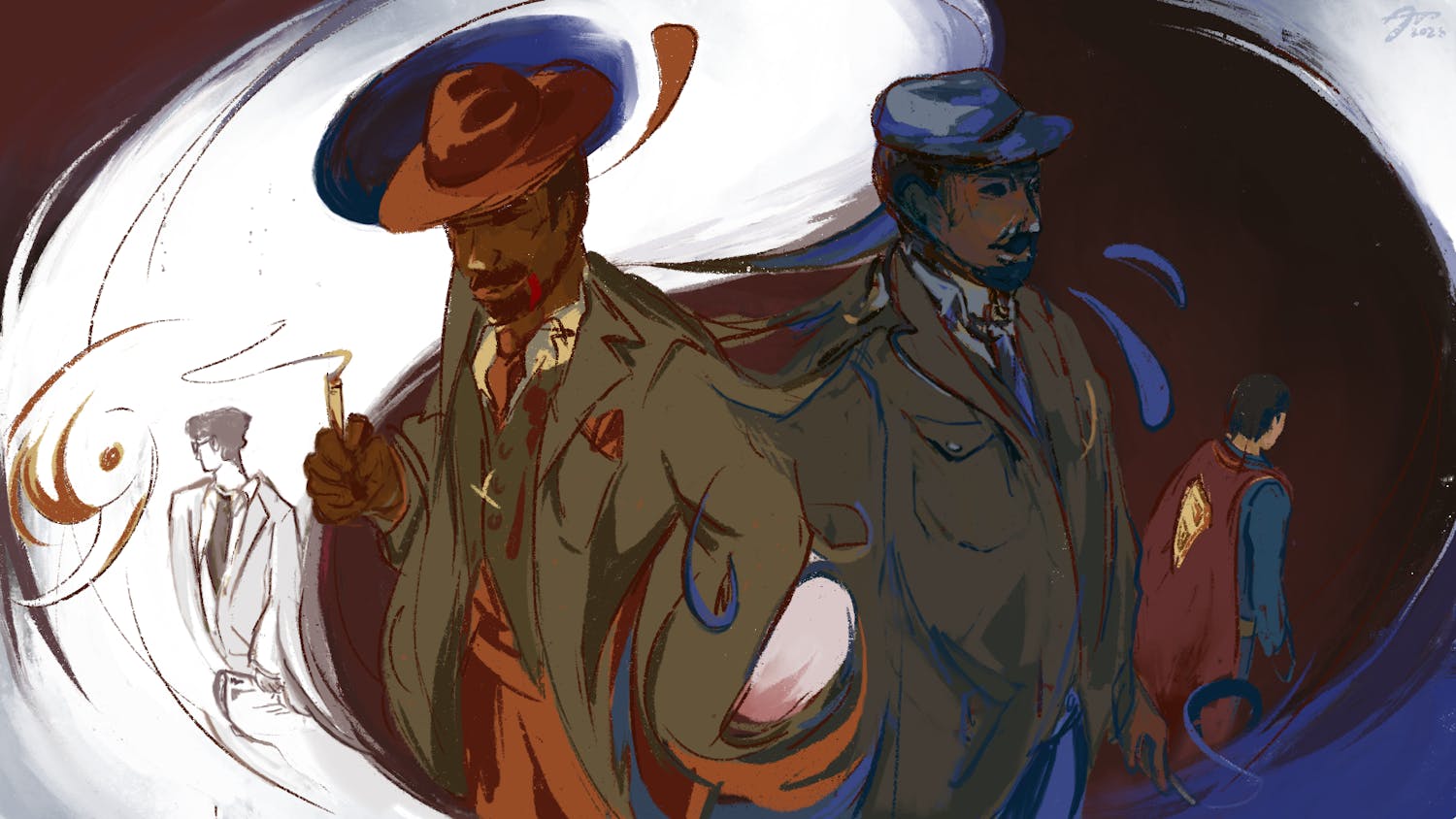Karen Beckman arrived at Penn only one year ago and she is already making waves. She teaches a new class called "Women and Film," which shows "the range of work that women have done -- not just feminist filmmaking -- but work from early cinema done in the 1890s and early 1910s." The class syllabus explores a variety of women directors, from controversial Nazi propaganda filmmaker, Leni Riefenstahl, to avant-garde filmmakers like Maya Deren. However, Dr. Beckman sets her class apart from other film courses by conducting her weekly screenings every Tuesday evening at 7 at the generally defunct Cinemagic Theatre on Walnut Street.
"I was contacted by the Penn Real Estate Department who asked me whether I would be interested in doing my screenings at Cinemagic. At first I thought, 'Ehhh, I don't know, I heard the projection isn't that great, the screen isn't that great, and the quality of the theater wasn't good,'" she says. Nevertheless, the Penn Real Estate Department tried once again to convince Dr. Beckman. "They came back to me and said that they installed high quality projection systems and a high quality sound system. I got really interested in doing screenings that would be open to the public so people not affiliated with the class can come."
Besides marking the resurrection of a seemingly hopeless theater, Dr. Beckman's screenings at Cinemagic also attempt to bridge the divide between Penn and the wider Philadelphia community. Dr. Beckman uses a second Cinema Studies listserve that is open to non-Penn affiliates. She says, "We advertise it on our web site and the movies are totally free. It's open to the whole community. I introduce the films, and then people hang around after and talk. I had a guy come and ask me a bunch of questions after the Leni Riefenstahl film that was made at the 1936 Olympics. I asked, 'Are you in the Nazi Cinema class?' and he said, 'No, I'm not in any class, I just wanted to know about Riefenstahl.'" People who are not necessarily studying film and those from outside the university are able to watch the films, and then have someone to discuss it with afterward.
"I'm a big believer in the figure of the public intellectual and the role of the responsibility for people to bring what they know to a community beyond the university." Dr. Beckman also emphasizes the importance that Penn students feelthat they have lived in Philadelphia for four years, and not just in University City. This presents a real challenge for urban universities. "Some universities do better than others with this, and I think Penn does really well at trying to think about what programs would open up that divide"






